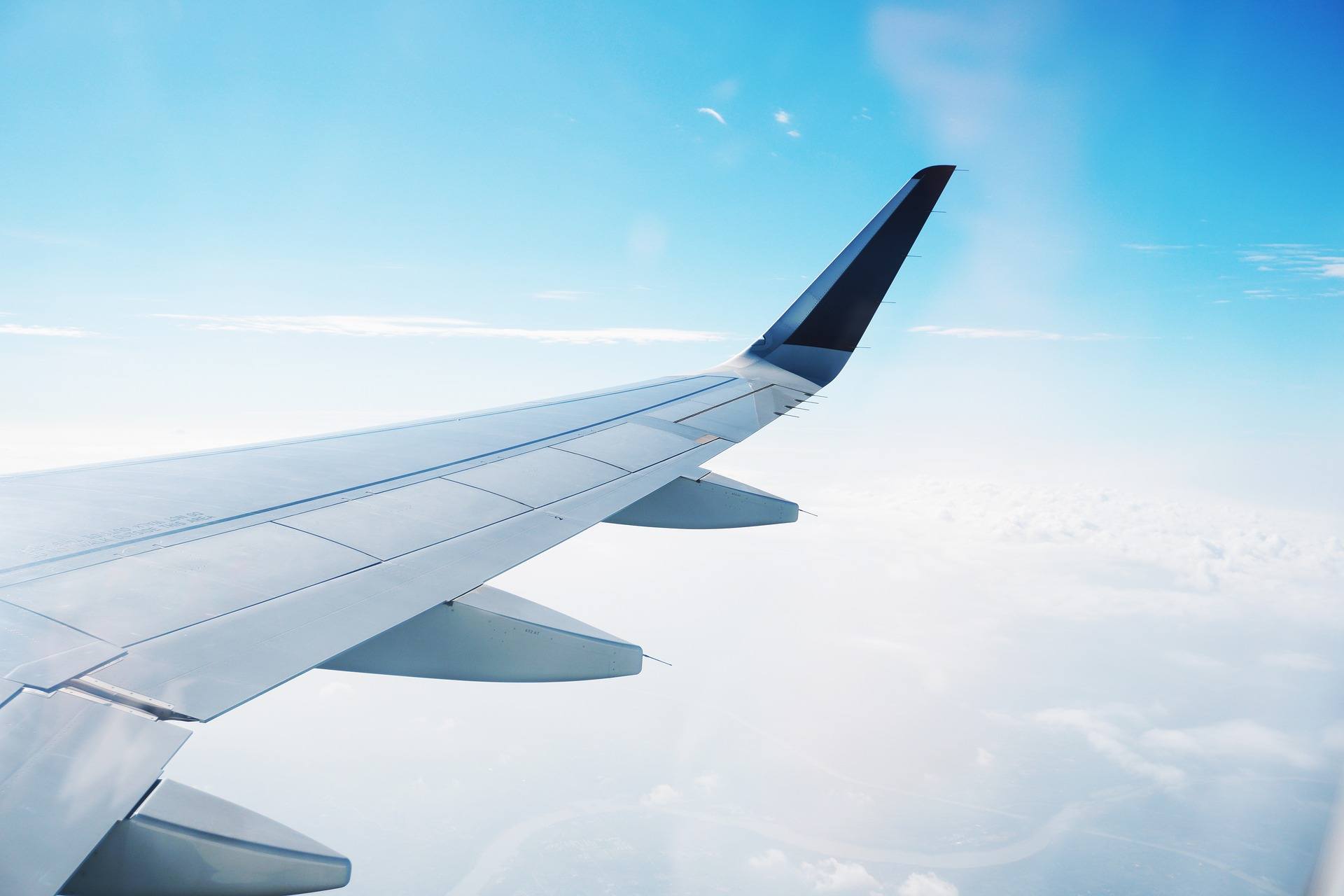Travel Tech and How We Travel In The 21st Century


What you need to know about Travel Tech
It took 68 years for airlines to reach 50 million users. Credit cards took 28 years, while computers took 14. YouTube, Facebook, and Twitter all took less than 5. Super Mario Run reached 50 million users in just 8 days. Technology certainly has the capacity to bridge the global divide, but only by industries that utilize it effectively. As William Gibson said, “the future is already here, it’s just not evenly distributed. Here are 5 ways Travel Tech is poised to revolutionize the travel industry.
1. 360 degree connection
Imagine that flight, rental car and hotel data were all connected. Imagine that the rental car company tracked the progress of your flight. As soon as your flight landed, your rental car was pulled up and ready to go. Keys can be retrieved via a QR code sent to your phone or on some models of cars, unlocked and started with just your phone. No matter how you travel, your hotel room can be prepped and ready for you as soon as you land.
If your plane is delayed, the hotel can assign the room originally reserved for you to another guest that arrived earlier. If your plane is delayed overnight, they can free up your room for booking and even work with a local hotel to provide you a room for the night right where you are. When you are on your way to the hotel, an electronic key card and room information can be sent straight to your phone. Not only will this make it easier on the traveler, but it will also allow hotels to maximize profits and serve their guests ever more efficiently.

2. Better use of airport resources
Between June 2015 and June 2016, passengers experienced nearly 64 million minutes in added wait time thanks to more than one million flight delays. While some of these delays may not be solved by tech alone, many delays can be significantly reduced by it. Some delays are weather related, but many are mechanical or crew issues. Sensors aboard aircraft can send information in advance when systems need to be checked. This way airlines can either prep another plane or alert passengers that have not yet arrived that there may be a delay. The same is true of a flight crew that is delayed on another flight.
Airports can benefit from sensors placed on individual runways that can detect ice levels, wind conditions and other factors that affect runway safety. Large airports in particular often have numerous runways that might experience different weather conditions depending on where they are located. Instead of shutting down entire airports due to inclement weather, technology can help assess the safety conditions of individual runways so air traffic can be diverted to a safe runway instead.

3. Voice search
Of the top 20 travel searches on Cortana in the UK, 95% of them are for specific brands. Travelers are becoming far more comfortable having their virtual assistant make their travel plans for them right along with everything else, so travel brands need to get on board.
If a Marriott hotel room can be booked via a voice search while a Hilton room cannot, guess who is most likely to get more business? Brands not only need to be constantly developing their apps for greater ease of use, they need to make the leap into users being able to conduct an entire transaction via voice search and commands.
4. Luggage tracking
Lost luggage can cost airlines up to $3,300 per passenger for domestic flights and up to $1,742 for international flights. RFID tags attached to luggage can not only help airlines keep better tabs on luggage, but it can allow passengers themselves to monitor the location of their own luggage.
Lost luggage is also not the only issue travelers face. Sensors can also be placed on or in luggage that can alert them when their bag is opened or even tampered with in any way. This not only provides better safety for a traveler’s checked luggage, but even their carry-on luggage as well.

5. Personalized experience
At one time, when people wanted to travel, they went to a travel agent who made all of their travel arrangements for them. Then along came the internet, where we could suddenly compare prices, take advantage of unexpected sales or drops in fares and even change plans on a whim. In the process, however, we lost the wisdom, expertise and experience of a seasoned travel agent.
Now, technology is poised to bring the best of both worlds together again. Soon digital services will work with local guides to offer all the convenience and flexibility that booking online offers, with all of the wisdom and experience of a seasoned travel agent. Agents can work with travelers to determine what their individual needs, wants or expectations are and set up both personalized and fully customizable experiences for them.
Travel is just one of many industries poised to be revolutionized by tech. The phrase “innovate or die,” however, is just as true in the travel tech industry as it is anywhere else. Just because the technology is available, doesn’t mean businesses will necessarily use it to its full advantage. Most likely the future belongs to those that find ways to harness emerging tech to use it to connect better with travelers. What travel tech do you use when you travel?
Last updated on Sep 23, 2018Have you subscribed to our Newsletter or Podcast? Listen to us on Apple Podcast and Spotify and follow us on Facebook, Instagram Twitter and YouTube.








